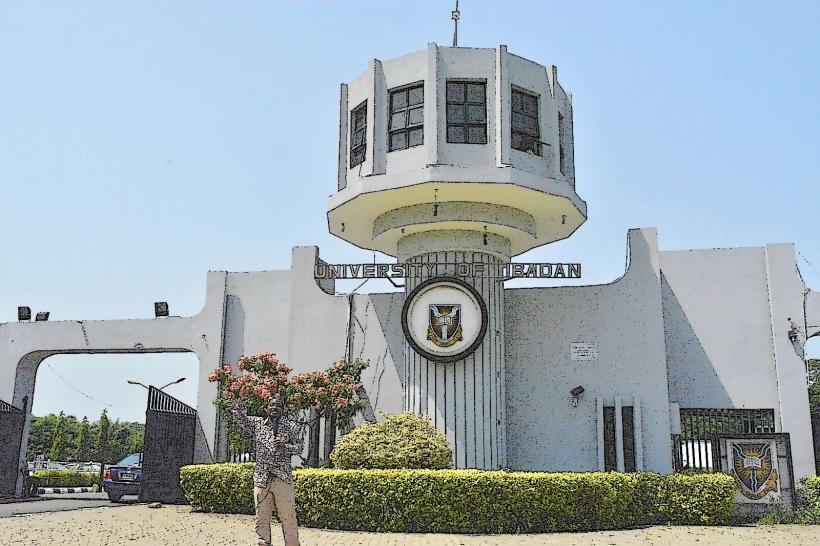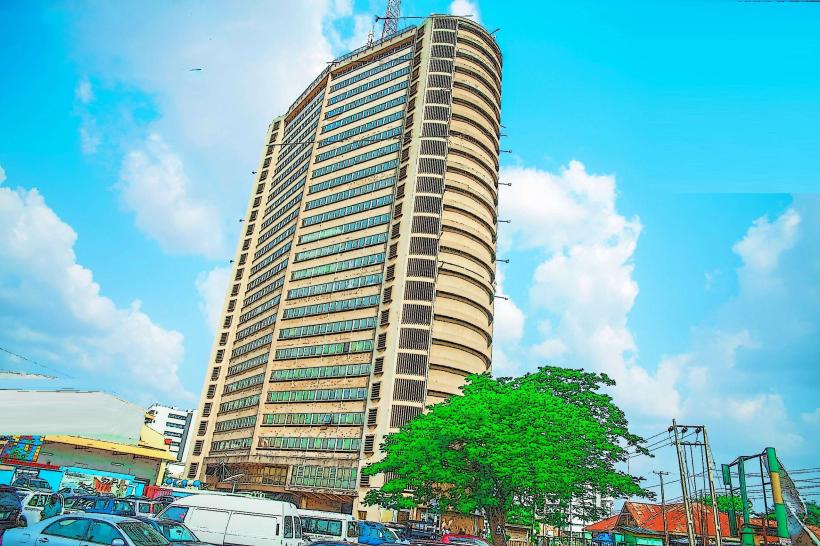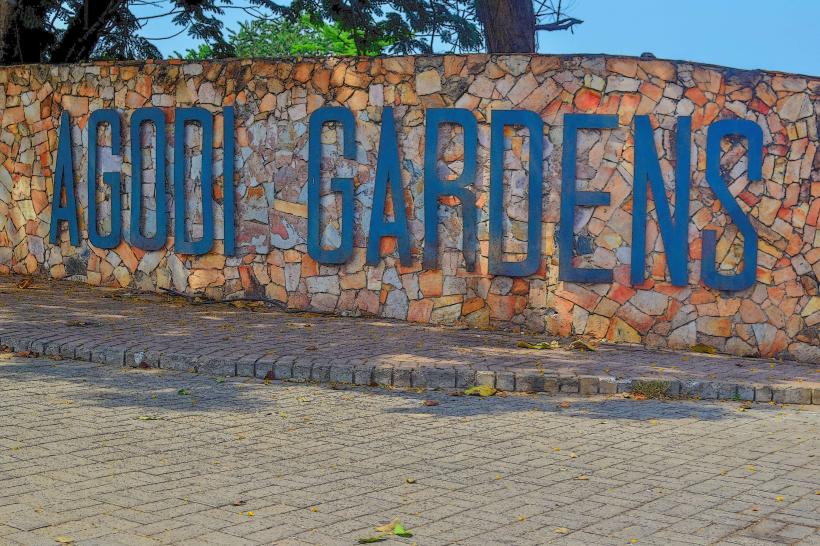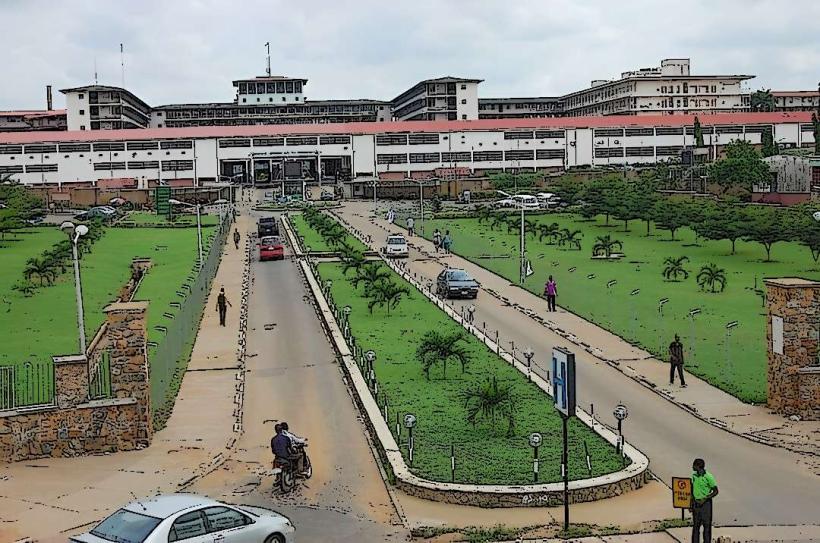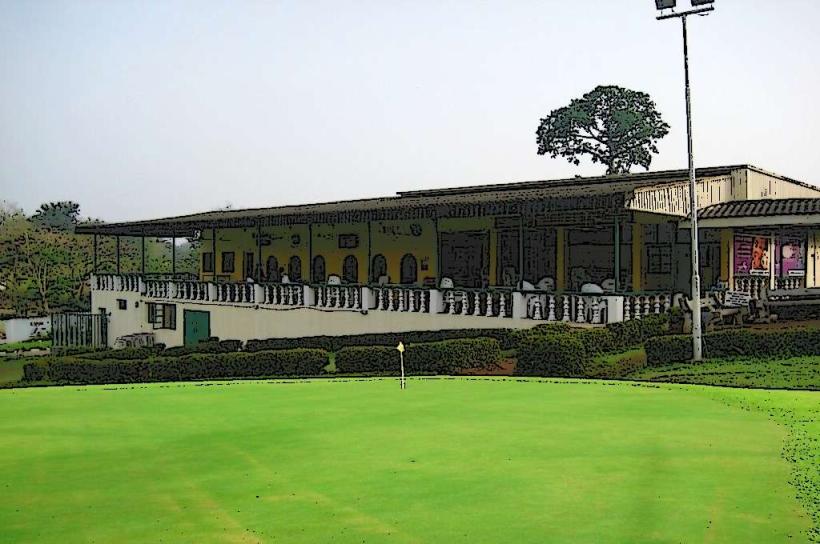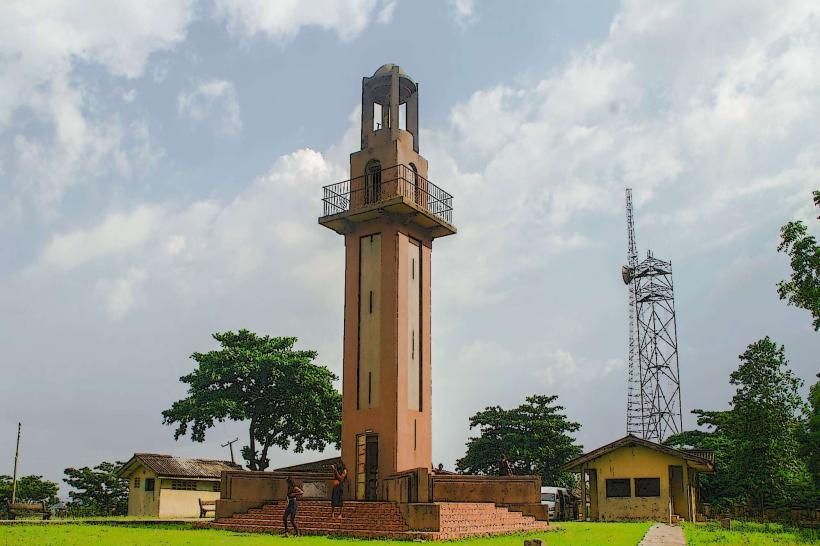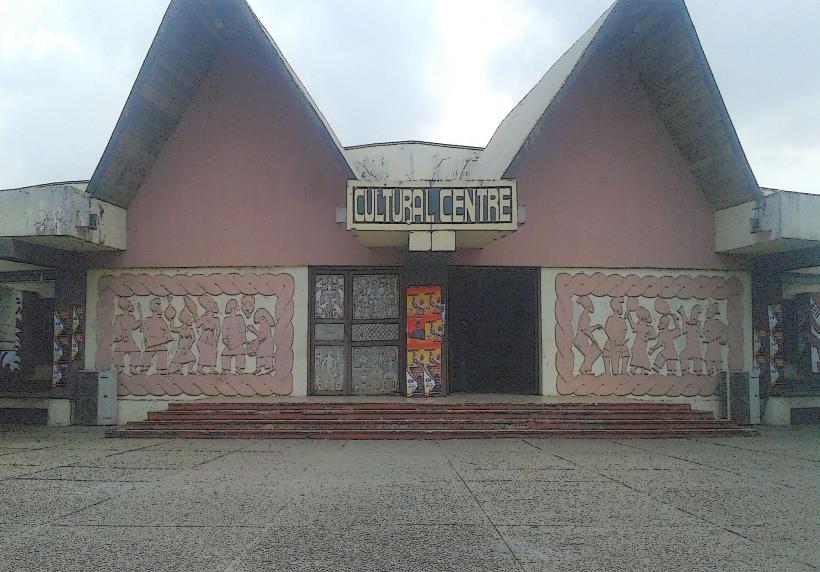Information
Landmark: Nigerian Railway MuseumCity: Ibadan
Country: Nigeria
Continent: Africa
Nigerian Railway Museum, Ibadan, Nigeria, Africa
The Nigerian Railway Museum, often referred to as Jaekel House (named after Francis Jaekel, a prominent former superintendent of the Nigerian Railway Corporation), is located in Ebute Metta, Lagos, Nigeria. It is a museum dedicated to preserving the history and development of Nigeria's railway system.
Overview of the Museum
Name: Legacy Railway Museum / Jaekel House
Location: 17 Federal Road, Ebute Metta, Lagos, Nigeria
Established: 1898, initially as the residence of the General Manager of the Nigerian Railway Corporation (NRC)
Restoration: The museum was restored in 2010 and opened as a museum to showcase the country’s railway history.
Historical Background
The house was constructed in 1898 as the official residence for the General Manager of the NRC.
Named after Francis Jaekel, a prominent figure in the Nigerian Railway Corporation, the house holds a legacy as a symbol of colonial and post-colonial railway operations in Nigeria.
In the 1970s, it was converted into a staff rest house before being transformed into a museum.
The museum officially opened in 2010, and its mission is to preserve and display artifacts, photographs, and tools related to the railway’s development in Nigeria.
Exhibits and Collections
The museum hosts a rich array of items and exhibits that document the evolution of rail transport in Nigeria:
Photographic Archives:
The museum has a significant collection of historical photographs, ranging from the 1940s to the 1970s.
These photographs capture the personalities, events, and places connected to Nigeria’s railway history, as well as post-independence developments.
Artifacts and Equipment:
The museum houses several historical artifacts such as railway tools, uniforms, and equipment.
Items include old ticketing systems, lanterns, signal instruments, and parts of old trains and engines that were used in Nigeria’s railway operations over the years.
Railway Memorabilia:
There are relics representing the impact of rail travel on Nigeria’s society and economy, particularly in its early stages.
Displays also highlight the role of the Nigerian Railway Corporation in national integration, commerce, and urbanization.
Recent Developments
The Nigerian Railway Corporation, under the leadership of Dr. Kayode Opeifa (Managing Director), has taken initiatives to promote the museum's relevance in Nigeria’s cultural and historical landscape.
Efforts have been made to improve the museum’s facilities and to promote it as a tourist attraction. This includes proposals for tour buses and documentaries about Nigeria’s railway heritage.
The museum serves not just as a repository of history but also as a means of educating Nigerians and visitors about the significance of rail transport in Nigeria’s development.
Visitor Information
Visiting Hours: The museum generally operates during standard working hours, though it's recommended to check ahead for specific visiting times or arrange group tours.
Entrance Fee: ₦1,500 per visitor
Contact Information: +234 802 363 8490 for inquiries
Museum's Role
The museum plays an essential role in preserving and sharing the history of the Nigerian railway system, which was critical in the country’s early economic and social development.
It is an educational site for students, researchers, tourists, and anyone interested in the historical infrastructure of Nigeria.
Key Facts:
Address: 17 Federal Road, Railway Compound, Ebute Metta, Lagos, Nigeria.
Admission Fee: ₦1,500
Key Exhibits: Photographs, historical equipment, and railway artifacts.
The Nigerian Railway Museum offers a fascinating glimpse into the nation's transportation history, especially highlighting the importance of railways in Nigeria's past and present.

